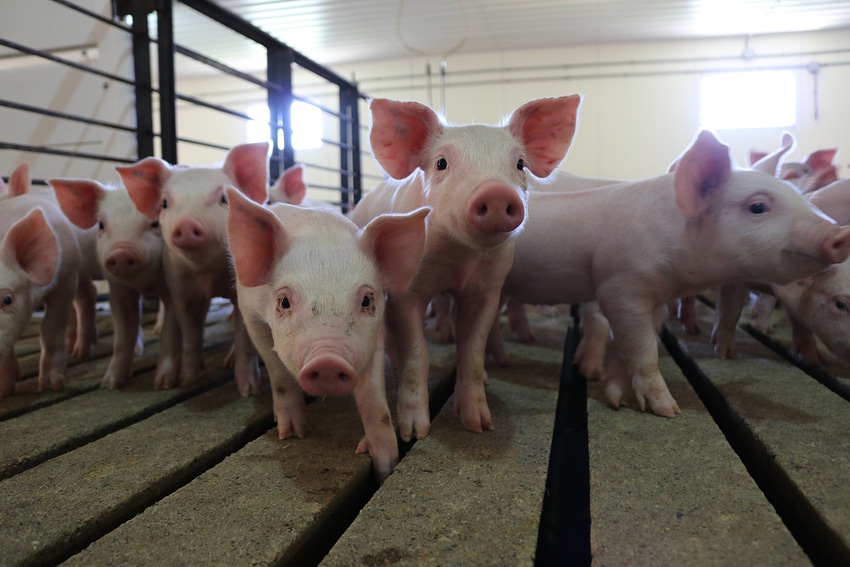SRUC to examine breeding for social competence on animal welfare
Research will be carried out in collaboration with the School of Biological Sciences at Queen's University Belfast and the Pig Improvement Company.
March 29, 2022

For the first time, a study led by Scotland's Rural College, will explore whether social competence can be passed from one generation to another, to try to improve animal welfare.
The research, which will be carried out in collaboration with the School of Biological Sciences at Queen's University Belfast and the Pig Improvement Company, will focus on pigs, which have complex social lives involving a range of positive and negative forms of social interaction.
Negative forms of interaction can reduce welfare and economic productivity, as well as increasing environmental footprint, as animals use energy from food to fuel undesirable behaviors. However, little is known about how the positive forms of interaction – such as social play and grooming – benefit their welfare.
The researchers say the project will be a major step towards understanding these benefits by exploring how decisions made in a wide range of social situations relevant to modern farming environments combine to influence overall welfare.
It will test how social competence is influenced by the social environment the animals experience early in life and by the complexity of the physical environment.
The researchers will also examine whether choosing socially competent animals to be the parents of the next generation will simultaneously benefit their productivity as well as their welfare.
"This will be the first study to apply the idea of overall social competence to improve animal welfare," says lead researcher Simon Turner. "As positive social behaviors are likely to be crucial to social competence, it will increase our understanding of how positive forms of social interaction benefit welfare. We will also study for the first time whether it is possible to increase expression of these positive behaviours through careful choice of which animals to breed.
"Our aim is to benefit animal welfare while simultaneously supporting farmers to produce animals that are profitable to their business and need less food to grow well, thereby benefiting the environmental footprint of farming. Pigs, and other species, show social behaviors that are difficult to improve when we look at these behaviors as isolated phenomena. We expect that, by taking a higher-level approach, we can favor animals that have the social skills to navigate a wide range of social situations."
While the project will focus on pigs, it is expected that the findings of the research, which is funded by the Biotechnology and Biological Sciences Research Council and the Pig Improvement Company, will be relevant across a wide range of species.
Source: SRUC, which is solely responsible for the information provided, and wholly owns the information. Informa Business Media and all its subsidiaries are not responsible for any of the content contained in this information asset.
You May Also Like



